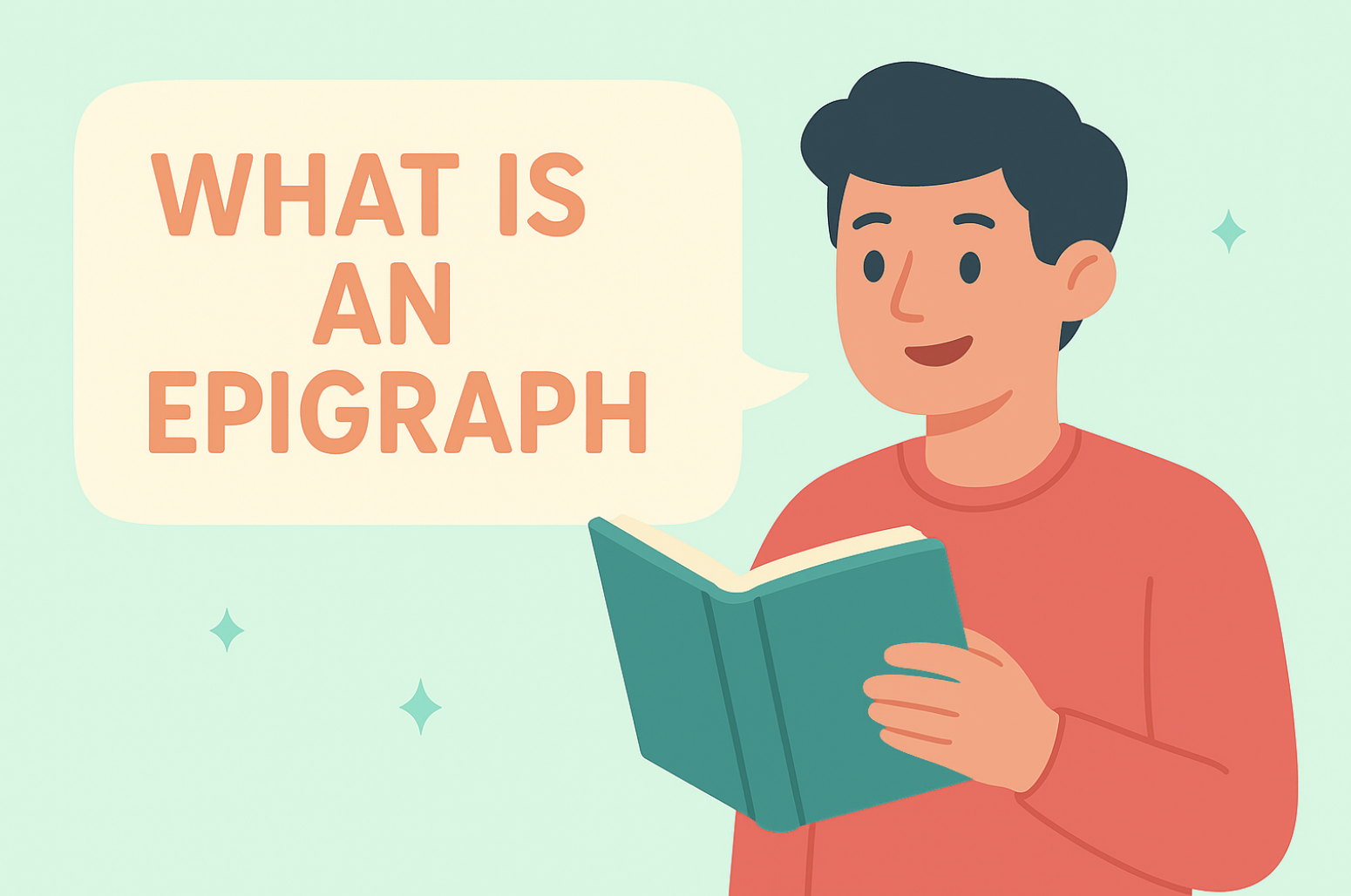
They say size doesn’t matter—unless we’re talking average length, about your book. In the world of writing, length can mean the difference between captivating readers and leaving them scratching their heads. Too short, and your audience might feel like they got the trailer instead of the movie. Too long, and they could abandon your book before it gets to the good part.
Why is book-length so important? For starters, readers have certain expectations depending on the genre. A cozy mystery fan isn’t looking for a doorstopper, while epic fantasy readers want a story big enough to move mountains. Publishing norms and market demands also come into play—most publishers (and their editors) prefer manuscripts that fit within established word count guidelines. And let’s not forget story pacing; a well-timed arc can make or break your narrative, no matter how gripping the plot.
But don’t panic! By the end of this article, you’ll know exactly how long your book should be for your genre, target audience, and publishing goals. Whether you’re writing your first draft or polishing your masterpiece, we’ve got you covered. Ready to dive into the numbers? Let’s break down finding the right length for your genre.
Why Word Count Matters More Than You Think
Word count isn’t just a numbers game—it’s a critical part of how readers experience your story. The right length ensures your book delivers what your audience expects. Think about it: Would you trust a 20,000-word “epic fantasy”? Or dive into a 120,000-word middle-grade adventure? Genres come with unspoken agreements about the ideal length, and meeting those expectations is key to capturing—and keeping—your readers’ attention.
The word count also affects the practical side of publishing. Printing longer books costs more, which makes publishers hesitate unless the market potential justifies the expense. Shorter books may feel “unsubstantial,” making them harder to price competitively. New authors, in particular, are expected to stick to established word count guidelines to prove they understand the publishing industry.
There’s also a psychological factor at play of course. A mystery novel needs to be long enough to tangle you in its web of clues, while romance readers expect a satisfying arc that takes time to unfold. These subtle expectations influence how your book is received.
In short, hitting the right word count ensures your book feels like a promise fulfilled—both to readers and the publishing world. Stray too far, and you risk breaking that trust.
The Goldilocks Zone: Word Count Guidelines by Genre
Finding the perfect length for your book can feel like trying to balance on a tightrope. Too short, and your story risks feeling underdeveloped. Too long, and it might drag. Thankfully, most genres have their own sweet spot—the Goldilocks Zone where everything feels “just right.” Let’s see how to break it down.
Your Publishing Journey Awaits – Start NowShort Stories vs. Novellas vs. Novels
- Short Stories (1,000–20,000 words): These are literary sprints, perfect for speculative fiction or impactful literary pieces. Whether it’s a 5,000-word tale of dystopian betrayal or a 10,000-word character study, short stories aim for precision and punch.
- Novellas (20,000–40,000 words): When you need more room to breathe but aren’t ready for a full novel, novellas step in. True crime and science fiction often shine here—consider novellas as the literary equivalent of a binge-able mini-series.
Middle Grade and Young Adult Novels
- Middle Grade (25,000–50,000 words): These books cater to younger readers who thrive on engaging, fast-paced stories with short chapters. Think Diary of a Wimpy Kid or Percy Jackson—plenty of action without losing young attention spans.
- Young Adult (50,000–80,000 words): YA novels have room for deeper themes and more complex characters while still being accessible. Many fit snugly into this range, though exceptions like The Hunger Games or Divergent can stretch past 100,000 words if the narrative justifies it.
Adult Novels by Genre
- Romance Novels (70,000–90,000 words): Romance readers expect a story that’s both immersive and digestible, with enough time to fall in love with the characters. At under 90,000 words, the pacing stays snappy without losing emotional depth. After all, sometimes the most romantic scenes are about what is NOT said.
- Mystery/Thrillers (70,000–100,000 words): Intrigue needs space to develop, but these genres thrive on tension. Keeping it concise ensures the plot twists stay sharp and don’t meander.
- Science Fiction & Fantasy (90,000–120,000 words): World-building takes room to breathe, which is why these genres often push higher word counts. Between lore, character arcs, and sprawling adventures, anything shorter can feel rushed.
- Literary Fiction (80,000–100,000 words): Known for character-driven narratives and experimental styles, literary fiction varies widely. While some titles are concise, many fall into this range to allow for nuance and thematic depth.
- Historical Fiction (100,000+ words): Whether it’s a multi-generational saga or a meticulously researched recreation of a specific era, historical fiction leans longer to do justice to its rich settings and layered characters.
Exceptions to the Rule
Of course, rules are meant to be broken. The Great Gatsby, one of the most iconic novels of all time, clocks in under 50,000 words. On the flip side, War and Peace goes past 500,000 words, challenging even the most dedicated readers. These exceptions prove that the right book length for your genre can be flexible with enough brilliance—but for most writers, sticking to genre norms increases your chances of publication and reader satisfaction.
Whether you’re crafting a page-turning thriller or a deeply immersive fantasy, knowing your genre’s Goldilocks Zone is the first step to ensuring your story finds its audience.
Pages vs. Words: Don’t Let Page Count Fool You
If you’re measuring your book by page count, you might be barking up the wrong tree. While pages are often the first thing readers notice, they’re far from a reliable measure of a book’s actual length. Why? Because factors like font size, line spacing, and trim size (the physical dimensions of your book) can wildly affect how many pages your story takes up. A tightly formatted paperback will have far fewer pages than a large-print edition of the same manuscript.
Your Publishing Journey Awaits – Start NowThis is why publishers, editors, and savvy writers rely on word count instead. It’s a universal, objective measure that translates across formats and ensures your story fits the expectations of your genre.
Here’s a practical example: A standard 80,000-word novel translates to about 300 pages in a typical trade paperback. Use a larger font or wider margins, for example, and that same novel could appear 350+ pages. Shrink the text, and it might drop closer to 250 pages. The story itself hasn’t changed—only the packaging.
So, focus on hitting your target word count, not inflating your page numbers. A 300-page book might look impressive on a shelf with 90,000 words, but readers will notice if it feels padded or underdeveloped.
Tips for Hitting Your Word Count
Nailing your book’s word count can feel like threading a needle, but it doesn’t have to be a struggle. Whether you’re aiming for a tight novella or an epic fantasy, these tips will help your book’s length stay on track without sacrificing quality.
For First Drafts: Write Now, Edit Later
The first draft is no place for perfectionism. Write freely and let your ideas flow, even if it means overwriting. Trimming an overstuffed manuscript is much easier than padding out one that’s too thin. Think of your first draft as raw material—messy but full of potential.
For Writers of Long Books: Break It Down
If your story demands a higher word count, keep it manageable by breaking it into sections. Treat each part as its own mini-narrative with compelling subplots and satisfying arcs. This approach helps maintain reader engagement in the average novel and ensures the pacing doesn’t lag.
For New Authors: Follow the Rules (For Now)
As a debut author, it’s smart to stick to standard word count guidelines for your genre. Publishers appreciate predictability when assessing new talent. If your manuscript is wildly off the mark, it might raise red flags about your understanding of the market or your ability to edit effectively.
For Self-Publishers: Know Your Audience
Self-publishing gives you more freedom, but don’t abuse it. While you’re not beholden to traditional rules, testing your audience’s preferences is essential. If your readers expect 80,000 words, delivering a 200,000-word tome could alienate them. Keep your story as long as it needs to be—but not longer.
With these strategies, you can hit your target word count while delivering a story that’s well-paced and engaging. Remember: Every word should earn its place on the page.
Why Word Count Guidelines Exist (And When To Break Them)
Word count isn’t just a random box to tick—it’s a critical tool for editors and publishers to gauge the viability of your manuscript. Publishing houses use word count as an initial filter to determine if your story aligns with genre norms and market expectations. A 40,000-word fantasy novel might seem incomplete, while a 150,000-word mystery could signal excessive padding. Meeting the standard word count shows editors you understand the industry, which is especially important for debut authors.
That said, rules are made to be broken—if your story truly demands it. Complex narratives, like epic fantasies or multi-generational historical fiction, often require extra room to develop intricate plots and detailed worlds. For self-publishers, the average word count can shift conversations. You have the freedom to write to your audience rather than industry standards. Know your readers: Are they expecting a quick, bingeable romance or a sprawling sci-fi epic? Test their preferences and adjust accordingly. Just remember, longer books mean higher production costs, which could impact your pricing strategy.
Whether you’re aiming for traditional publishing or blazing your own trail, word count guidelines exist for good reason. Understand them first—then decide if, and in how many words, your story is worth stepping outside the box.
Your Publishing Journey Awaits – Start NowCommon Pitfalls: What Happens If Your Book is Too Long or Too Short
When it comes to word count, extremes can hurt your story. If your book is too long, you risk exhausting readers’ patience. Overly detailed descriptions, unnecessary subplots, and meandering pacing can bloat your story, making it harder for readers to stay engaged. Even epic tales benefit from sharp editing—J.R.R. Tolkien originally wrote The Hobbit at a sprawling 150,000 words, but after significant trimming, it became the concise 95,000-word classic we know today.
On the other hand, a book that’s too short may feel underdeveloped, leaving readers unsatisfied. Publishers often dismiss short manuscripts as lacking depth or polish, especially if they fall below standard genre expectations.
Final Word: The Right Length For Your Book
Word count is more than a number—it’s a roadmap that helps you navigate reader expectations and industry norms. While it’s not a hard rule, veering too far outside the guidelines can introduce risks. That said, every story is unique, and sometimes breaking the rules is necessary to do justice to your vision.
Now, it’s time to get started. Whether you’re crafting a sweeping fantasy or a snappy novella, let the word count guide you—but never let it hold you back. Write with passion, edit with precision, and create a book that’s ready to captivate readers.
Need help to stay on track or polish your masterpiece? Spines has the tools and expertise to support you. From outlining to editing, we’re here to help bring your story to life. Start your writing journey with Spines today!
Your Publishing Journey Awaits – Start Now







